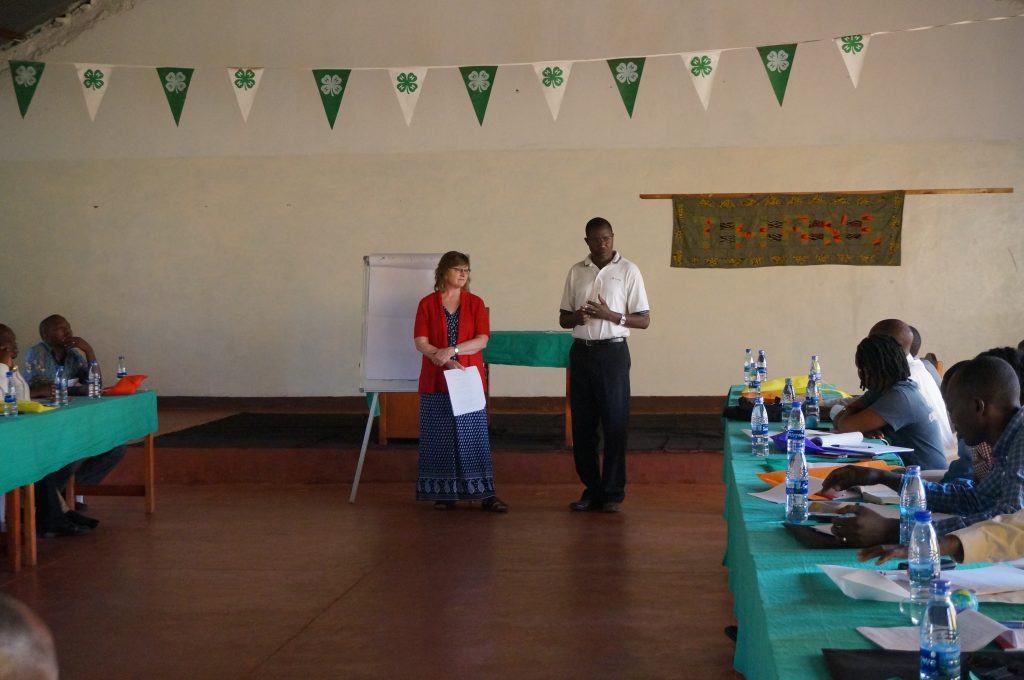Sleep is essential for a person’s health and well-being. However, according to data compiled by the National Sleep Foundation, 60 percent of adults report having sleep problems a few nights a week or more. In addition, more than 40 percent of adults experience daytime sleepiness severe enough to interfere with their daily activities at least a few days each month with 20 percent reporting problem sleepiness a few days a week or more. Furthermore, 69 percent of children experience one or more sleep problems a few nights or more during a week. When you are sleep deprived, you tend to have decreased learning and memory, reduced concentration, and slower processing speed.
Stress is considered the number one cause of short-term sleeping difficulties. Common triggers include school or job related pressures, a family or marital problem, and a serious illness or death in the family. However, if short-term sleep problems such as insomnia aren’t managed properly from the beginning, they can persist long after the original stress has passed.
According to National Highway Safety Administration data, falling asleep while driving is responsible for at least 100,000 crashes, 71,000 injuries, and 1,550 deaths each year in the United States. Sleep loss also interferes with the learning of young people in our nation’s schools, with 60 percent of grade school and high school reporting that they are tired during the daytime and 15 percent of them admitting to falling asleep in class (National Commission on Sleep Disorders Research).
Here are some suggestions that sleep researchers suggest can help:
- Develop a consistent bedtime routine.
- Go to bed at the same time each night.
- Wake up without an alarm clock.
- Avoid caffeine after 3 p.m.
- Don’t drink alcohol within 3 hours of bedtime.
- Try to go bed earlier each night than you have normally been.
- Minimize noise, light, and excessive hot and cold temperatures where you sleep.
- Take a power nap of no longer than 20 minutes during the day, if needed.
The problem is that most people are familiar with many of these guidelines and recommendations but have trouble putting them into action. This is where cognitive-behavioral treatment (CBT) for insomnia and participation in therapy can be helpful. CBT attempts to change a person’s dysfunctional beliefs and attitudes about sleep. It restructures thoughts like, ‘I have to fall asleep quickly,’ or ‘I have to take medication to sleep,’ or ‘I can’t function or I’ll get sick if I don’t sleep.’ These thoughts focus too much on sleep, which can create performance anxiety. Sleep will come when you are not chasing it and fixated on it. With CBT, the goal is to break the thought process and anxiety over sleep. Check out these apps for further assistance: CBT-I Coach and Dreams EZ. Of course, it is always advisable to see your physician to rule out any underlying medical condition impacting your sleep, and medication may also play a positive role in treating insomnia. If you need help looking at issues that may be contributing to your sleep difficulties, give Pike Creek Psychological Center a call. Have sweet dreams tonight!


